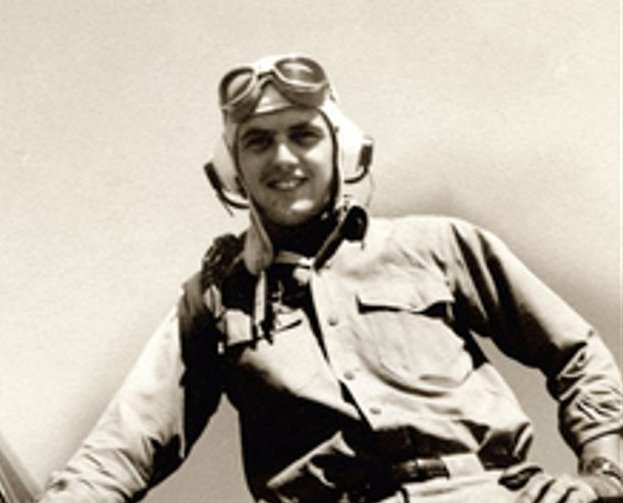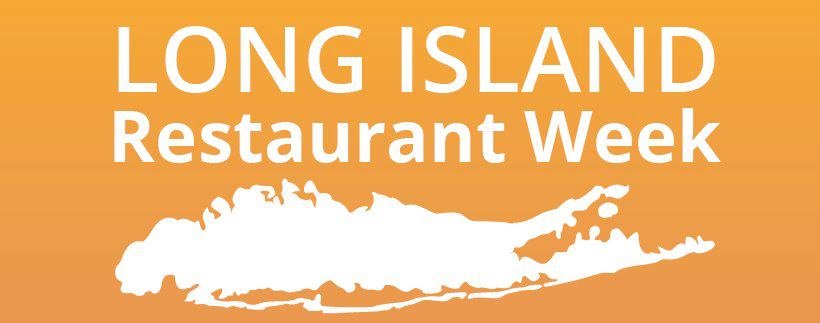Well Done: A WWII Memoir and Tribute to U.S. Aviators

In spring 2021, Orient author Nancy Hungerford released a dynamic, in-depth account of her husband Robert’s journey from carefree youth to embattled Naval aviator. Using his journals, she’s crafted a gripping tribute to him and fellow aviators that details the rigorous training, high-stakes missions and post-service mental toll that these young aces endure to serve their country. Those looking to recognize Veterans Day by delving into the stories of some of its unsung heroes should consider picking up a copy of Well Done: A WWII Memoir (Xlibris).
What inspired you to transform Robert’s writings into a memoir?
He had kept logbooks, believe it or not, from all the while in the service, and he put notes in them. They were not allowed to keep diaries or anything, but many of them did in secret. When he went to a reunion in Pensacola — I think it was in 1985 — several of the guys had kept notes also. They were so interested in the idea that we might do a book that they sent all their logs and information.
After he (Robert) passed, which was Fourth of July weekend 2020, I had so much material that I just decided that I was going to get over my, whatever you want to call it, grief or whatever, and write a tribute to him and the other guys. These are all what I call unsung heroes; they don’t have the big hoo-ha of shooting down a million planes, but each in their own way they were all heroes.
In what ways have you shaped this book to serve as not just a tribute to Robert but to all aviators who’ve served?
It starts out with the dilemma that so many young people have: a young man with no direction, however he was fascinated with flying as a kid. When the government realized that, yes, we were probably headed toward war, they started civilian pilot training, because there were not enough pilots and they realized they were going to be in big trouble. So they started this civilian pilot training program for the college students, which he went into, and that was a turning point, as it is in so many young people’s lives when they suddenly focus on something, and that’s what he focused on.
In his sophomore year he began his flight training, and then, of course, soon after came Pearl Harbor. There were so many young men at that time, that generation, no matter what political or whatever differences people had, Pearl Harbor was a unifying thing and all these young men enlisted.
What was it like “becoming” Robert as you crafted his story?
This was the hardest part of doing a book. I have ghost written several books before, but this is my first solo thing. The hardest thing was to catch myself and make it his voice not mine, and it was very difficult. I found myself reading chapters and thinking, “Uh oh, this doesn’t sound like Bob, it sounds like Nancy.” It was very difficult to be him in the book.
What are some of the most surprising or interesting things you learned about Robert that you didn’t know?
I didn’t know that as a young man he was such a slacker! [laughs] Because he was a doer when I knew him! There weren’t many things that surprised me. There is a part in the book when he’s deeply in love with a young woman who turns him down because she’s afraid of becoming a widow, but other that that, his character, nothing in it was a surprise to me. Some of the things that he, like many of these people, rarely talk about is the fact that he was hit (while flying) and the fright of that — landing his plane on a carrier of all things, not on the ground.
He always remembered the Fourth of July because that was their big mission in the Pacific; the battle was almost a turning point. He was always very quiet on the Fourth of July, and his grandson said it was almost poetic that he passed on Fourth of July weekend.
What insights did you gain into the life of a Naval pilot while researching and writing this?
I was amazed at how, probably like many people, we don’t appreciate the tremendous flying they had to go through, and I guess they still do. We think of an airline pilot — and I’m not being downgrading — we think of the pilot flying your airline planes, but these guys resented being called pilots. They called themselves aviators, and rightfully so. If you look at the flight manuals — and I have some of that in the book — the maneuvers that they had to do, and if you’ve seen airshows, you can see what those “pilots” are capable of. But the training to do that and the many different planes they started out with: the Taildraggers, then moving up and moving up to the Stearman, then finally at that time to the Hellcat, which was the plane that really defeated the Japanese air force, including the pilots, of course.
What is the significance behind the title Well Done: A WWII Memoir?
I didn’t know what to call the book, and so many people came up with different names: “Wings of Gold” like in the Navy when they earn their wings of gold finally after all this training. Then someone said the title will be in the book. In several parts in the book, tragic things happen and they regroup, and usually the head person in command would say, “Well done, boys. Well done.” I thought that was a great title, and it’s also the personal title for him (Robert); it was well done. But I added the “WWII Memoir” because I didn’t want people to think this was about hamburgers. [laughs]
What has been the most rewarding aspect of writing Well Done: A WWII Memoir?
Completing it — I guess finally finishing it. He (Robert) suffered from dementia, and many times the doctor said, “Well, probably another year or so.” And I almost compared this to the O. Henry short story “The Last Leaf” where the leaf is in the window, and the woman doesn’t die because she still sees the leaf there in the window. Every time he took a turn for the worse, I said, “You’re not leaving yet, Bob, because the book isn’t finished.” Sadly, I didn’t finish it before he passed, but in the end it was paying a tribute.
Do you have any closing thoughts you’d like to add?
With Veterans Day coming up — I write a column for another newspaper not here but in Connecticut — and I was looking up doing my own column for Veterans Day, and I was looking up this (phrase): It’s the home of the free because of the brave. And I think all of them deserve a “thank you” no matter what war or just being in the service. They all deserve a “thank you” because they’re all heroes who’ve given time out of their life to serve.
To learn more or purchase Well Done: A WWII Memoir, visit xlibris.com/en/bookstore. It also available via Amazon, Barnes & Nobel, Google Play and local bookstores.



